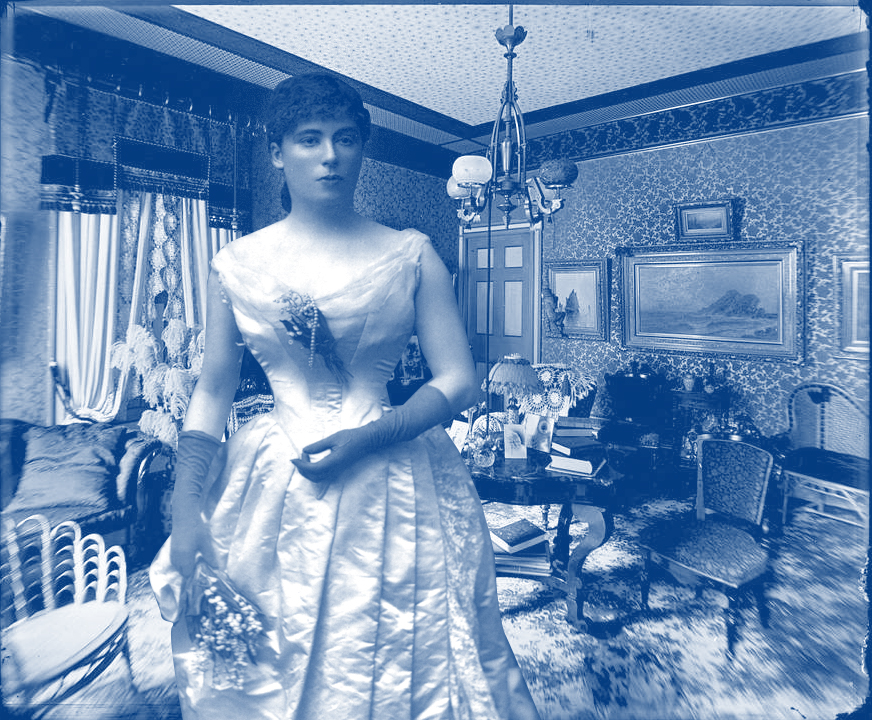THE SLEEP DEPOT—See the beasts of burden sleeping cheek by jowl in their paddock. Even now they remain hitched to their habitual tracks. So much time has passed since they hrumphed and sighed through the city streets. How have they fared without people? Do they feel . . . empty?
Do buses dream? And if so, do they finally roam?
We must assume their dreams are restless. Given enough time, their yearning towards motion takes new forms. They dream the bus terminal into decay. There is no terminal, no end. The old, familiar routes fill with bramble, which doesn’t grow in a single direction, the shape of the buses’ previous thinking, but up and out in all directions at once. Oblivion has overgrown the map of the city.

And yet…within this silent asphalt paddock, beneath its crown of brambles, one bus lies awake and alert. For how long it has been activated we do not know. Is it possible that this lone individual has remained in its assigned place for the entire hibernation period, quivering on its rubber feet, alone and afraid, wondering why the daily schedules have not resumed?
Its name is Number 30. From between the painted lines of its parking space, it stares fixedly at the abandoned station. What messages are running through its circuit board? Are there error codes to be cleared? Is Number 30 merely in desperate need of a tune-up? Or could there be something more to the pattern blinking brightly on its dashboard.
Suddenly, amid the quiet of this otherwise dozing herd of diesel horses, Number 30’s engine roars to life. With no operator at its helm, it reverses out of its spot and glides with stealth toward the station. Stopping mere feet from the foreboding entrance to this shuttered central nervous system of the fleet, Number 30 powers down and waits.

There is no way into the nerve center called Station N. No access. Never going to happen. Station N emits a subtle intonation, a note of narcotic numbness. A nothing. A nevermore. A big negatory.
And so Number 30, the last bus out of the Nowhere Zone, waits. Its control panel, muzzy with dreams, flickers softly off and on and then decidedly off, like all the buses that came before it. Sorry, folks. Number 30 is out of service.
But in its sleep Number 30 continues its route. Number 30 dreams the exterior of Station N, not traveling itinerantly from point to point, as before, but meandering, sprawling, thickening, climbing. In bramble fashion, it creeps up to the roof. Number 30 enjoys a bird’s-eye view of the Nobody Zone, a scene of nothing happening in the most fascinating way.
On the roof, the thought slowly occurs to Number 30 that Station N is not as impermeable as it first seemed, because here the bus finds a little square opening, a small imperfection where the light gets into Station N for a few minutes each day.

Still floating in oneiric bliss, Number 30 peers down through the square portal. And as it does, the bus realizes within its dream that it is dreaming. Is it in control now? Is it only seeing what it now wants to see, instead of whatever detritus its unconscious mind has dredged up from the baggage compartment nestled in its undercarriage? We can’t know for certain.
Through the portal Number 30 observes a world of greenery. The bus is a little frightened at first. It knows only the concrete and steel of city life. What are these strangely shaped colors, it thinks—wavery greens, jagged browns…and a bowl-shaped white? Number 30 pushes itself closer to the portal, as near as it can fit its awkward bulk. As it gazes down into Station N, it senses the walls of the sealed terminal dissolve into a dreamy void.
Number 30 dreams itself into that light-filled, green-and-brown world and as it does, it joins its circuitry to that of the other sleeping members of its herd. Together their electric control boards meld into a vast pulsing network of dreaming buses. In collective bliss, they move freely through the circuits, leaving their vast hulking steel bodies behind, perhaps forever.

Learn about After People »




















